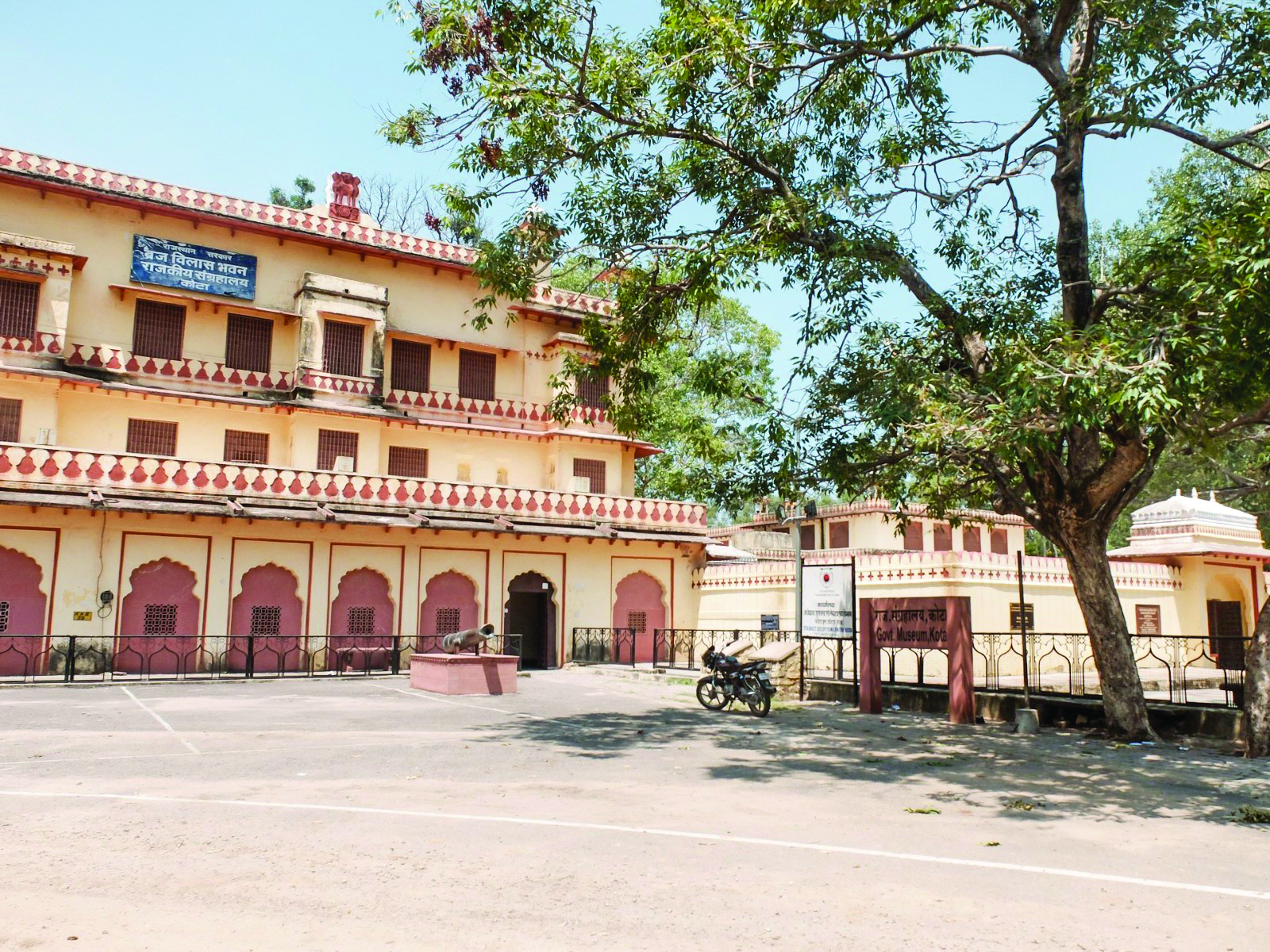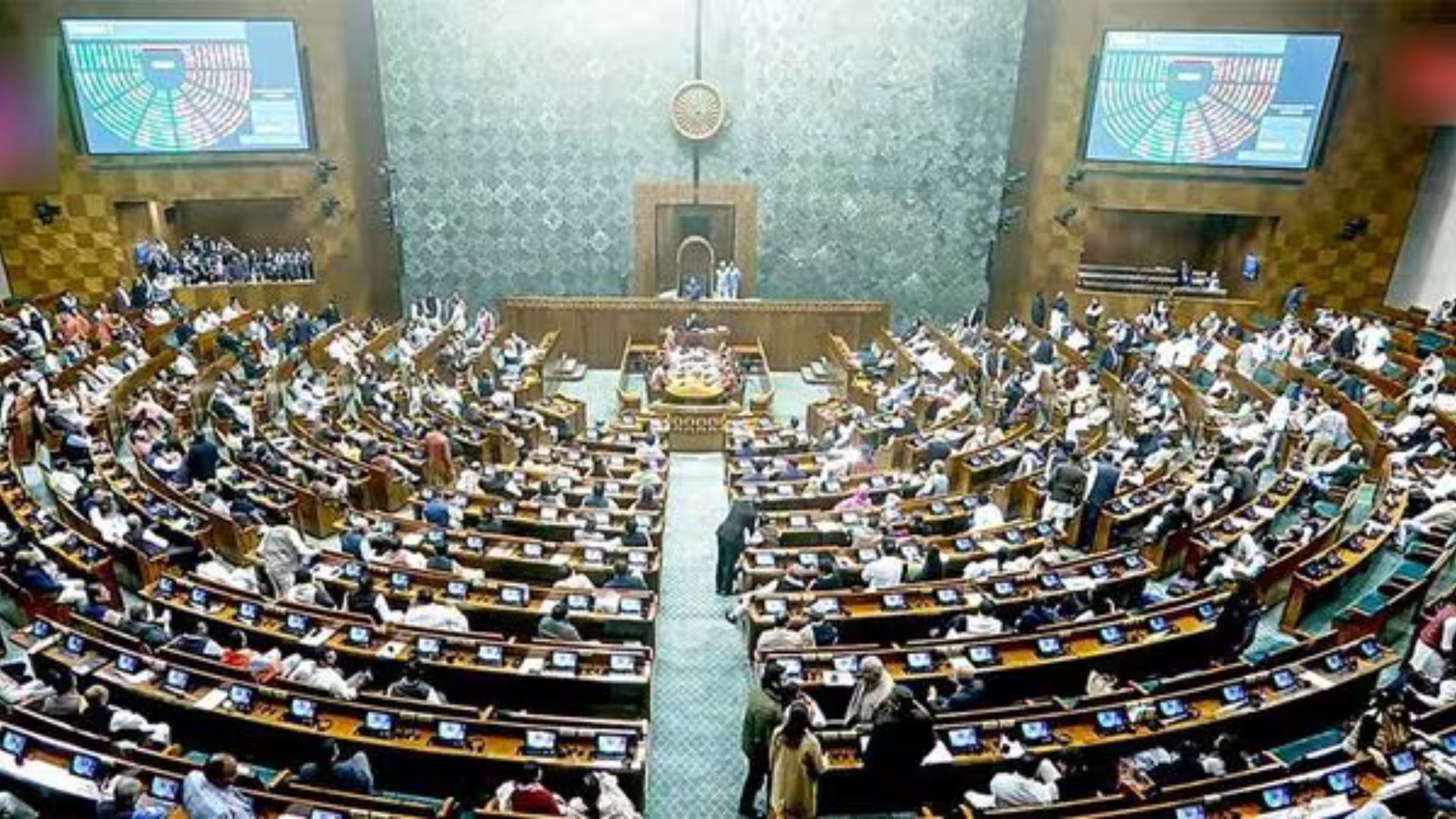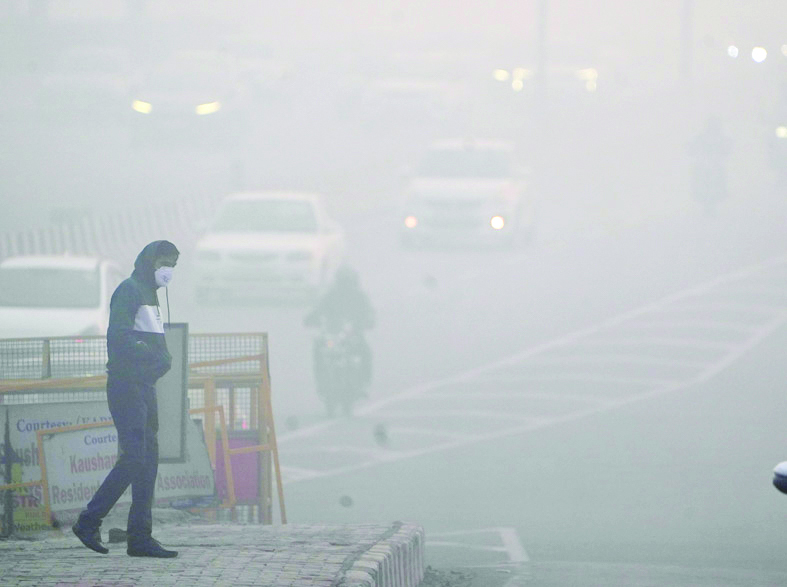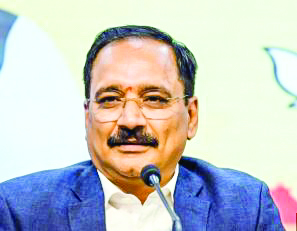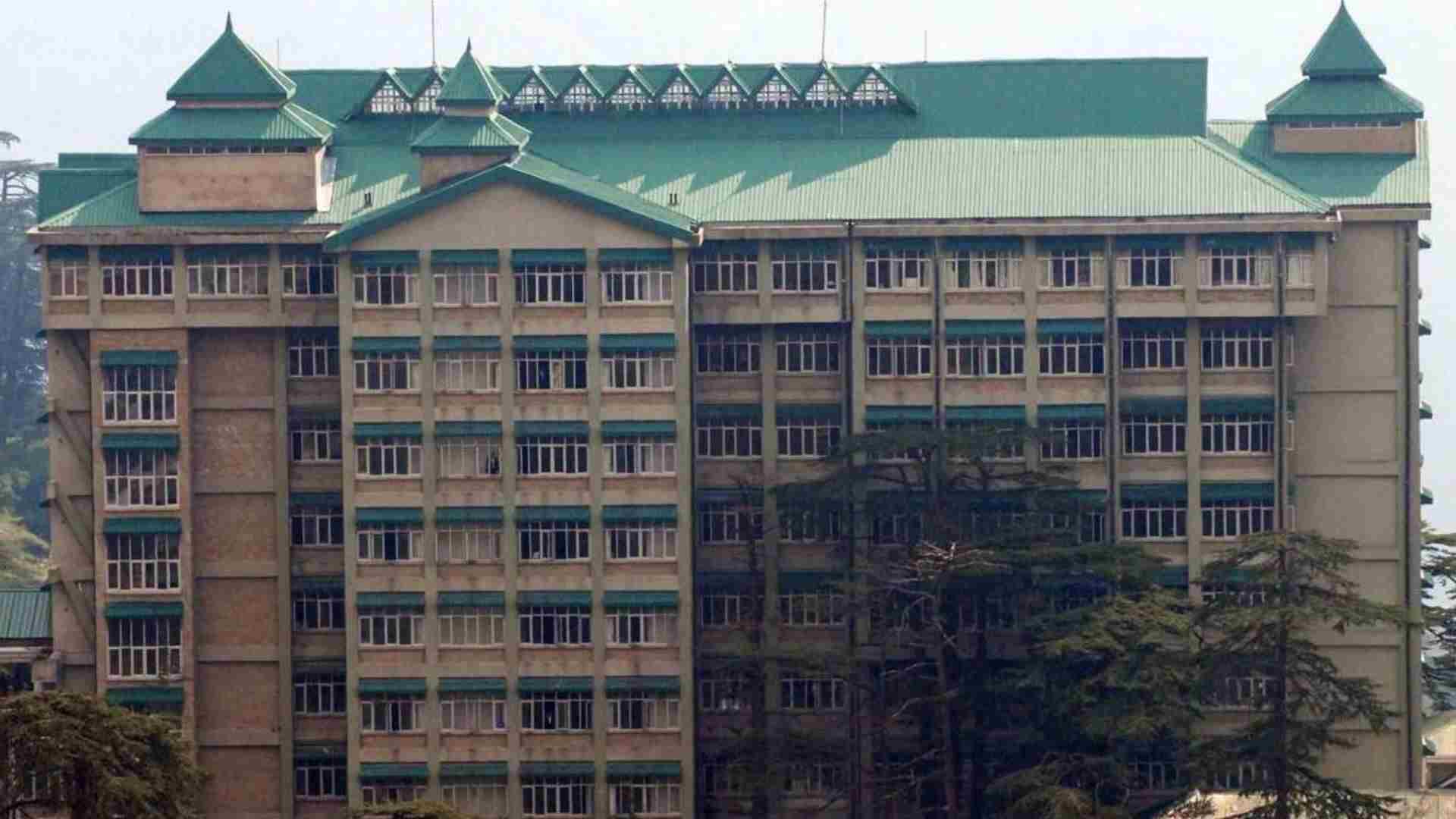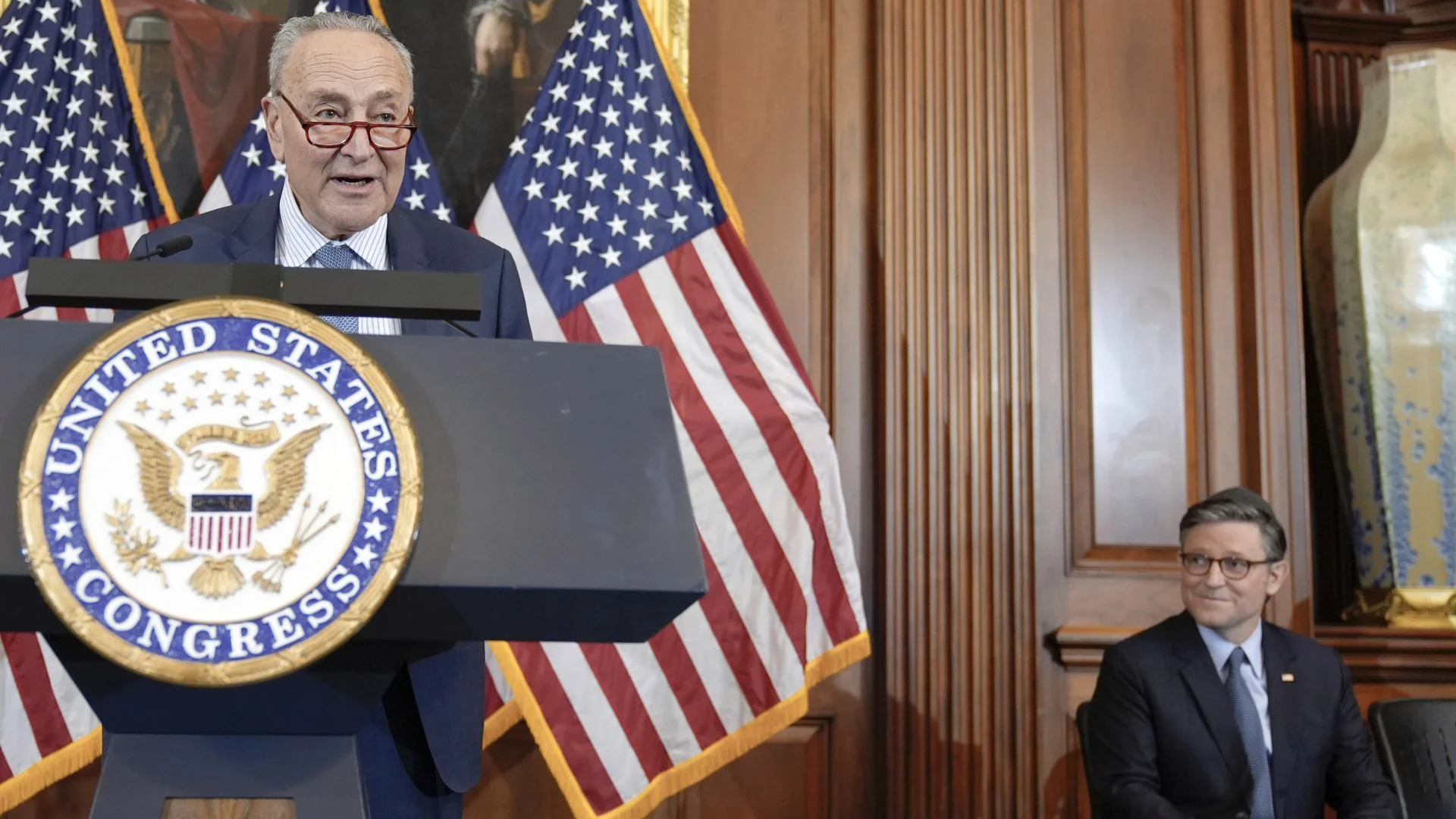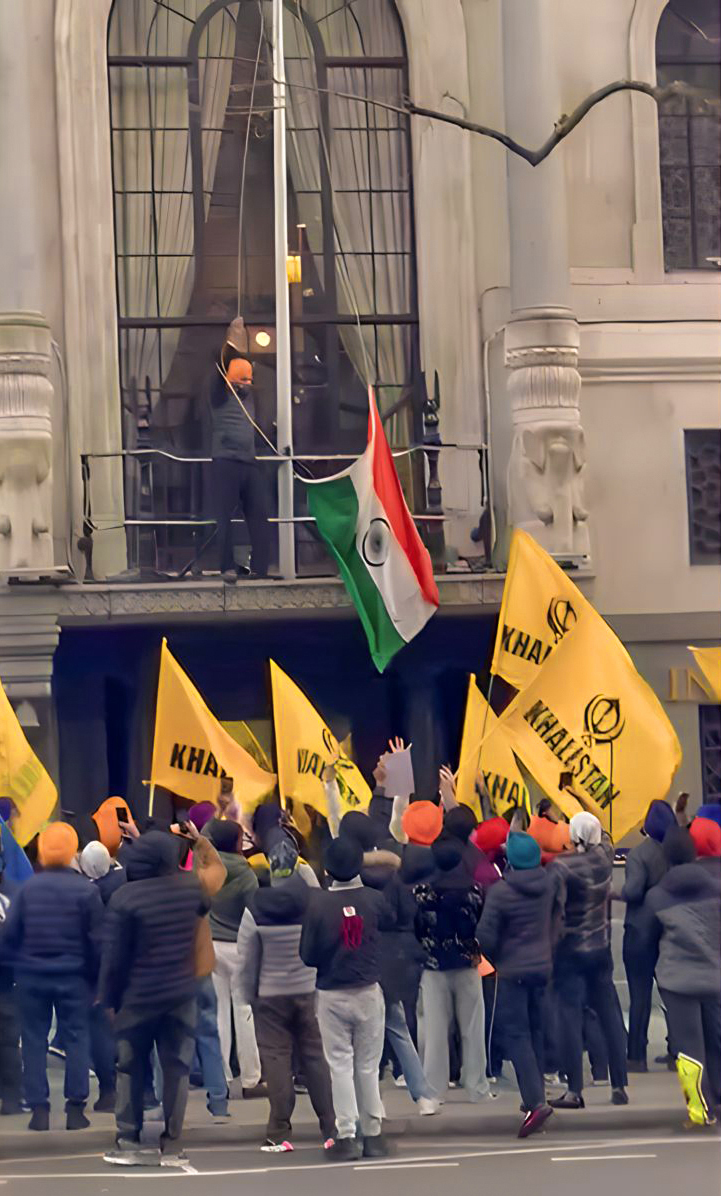
The criminality and hypocrisy of overseas propagandists of an independent state of Khalistan is evident to most Indians, including the vast majority of Indian Sikhs, though not to naïve Western governments, some of whom have become inadvertent facilitators and co-sponsors of global terrorism. Are you listening, Mr Trudeau?
Only part of the hypocrisy stems from overseas Sikhs raising this demand from the safety of their overseas residence in developed countries such as the United Kingdom, Canada, the United States or Australia. Clearly, they have no skin in the game and have nothing to lose. Are they any different here from warlords who pay soldiers to fight in the battlefield without any need to worry about any untoward consequences for themselves or their families?
If overseas Sikhs had to raise such a demand, they should have done so with respect to Pakistan. Aside from having important religious shrines in that country, such as Nankana Sahib, the birthplace of Guru Nanak Dev, and Gurudwara Kartar Sahib where he died, the Punjab of Pakistan is roughly four times larger than Indian Punjab. Over the years, the Sikh community in Pakistan over the years has been subjected to massacres, targeted assassinations and forced conversions. In India, by contrast, the Sikhs have been, overall, a successful and prosperous community. That the Sikhs are much loved by the rest of India is also evident from the success of Bollywood films such as “Singh is King” and “Bhaag Milka Bhaag”. The Indian Sikh’s love for his motherland is likewise unquestionable.
Overseas financers of the so-called Khalistan cause can never raise a demand for a Khalistan in Pakistan for two reasons. Since Partition, the population of Sikhs in Pakistan had dwindled to a mere thirty thousand or so. In contrast, the number of Sikhs in India is conservatively estimated to be above twenty million. Even foolish and misguided Sikh financiers sitting comfortably in Western nations understand that, numerically speaking, there are far too few Sikhs in Pakistan to carry out a successful separatist movement. They also understand that the toughness of the Indian state is nothing compared to the brutality with which Sikhs raising a similar demand in Pakistan would be crushed. As recently as August 2022, there was the case of Dina Kaur, daughter of Gurcharan Singh, who was abducted at gunpoint in Pakistan and forcibly converted to Islam. Something like this has never happened in India and can never happen.
A second reason a demand for Khalistan in Pakistan will never be raised by the propagandists is because the Pakistani State is their active collaborator in their demand for a separate Khalistan in India. For decades now, the Pakistani army has worked in tandem with Islamic terrorist organisations, offering military training and logistical support, as was the case in the Mumbai terrorist attacks of 2009 carried out by the Lashkar-e-Tayyaba. Nothing simpler than for Pakistani ISI agents to assure Khalistani financiers in the West that they will help any wannabe Khalistani terrorist in India with border crossing into Pakistan and to receive advanced training thereafter at any of their numerous terrorist training camps and even supply them with military hardware. This unholy alliance between Khalistani propagandists and the Pakistani ISI representatives is a marriage made in hell.
The irony of the so-called Khalistani movement is that it is emerging from elements within the Sikh diaspora with practically no domestic following. As journalist Shekhar Gupta remarked recently in
a television podcast, the overwhelming majority of Sikhs in India do not want Khalistan!
As recent attacks on Indian embassies have shown, the abilities of these overseas mischief mongers should not be underestimated. When large sums of money are available to fund even an unworthy cause, it becomes possible for troublemakers or those with an agenda to play into legitimate grievances that the Sikh community in India may have, which does not by any stretch of imagination mean that they wish to secede. The Sikhs are no exception in having grievances, for grievances are held by very many communities in India; it is simply part and parcel of what democracy is all about. Money can be funnelled by propagandists into criminal gangs, and be used to recruit unemployed youngsters in Punjab and even those who have fallen prey to the drug habit.
This brings us to possibly the biggest hypocrisy of the overseas Sikh propagandists and financiers of the Khalistani movement. They have allied with the ISI of Pakistan which for many years now has been funnelling drugs into Indian Punjab through low flying drones and other methods. Tens of thousands of Sikh and Punjabi Hindu youngsters have turned into drug addicts, causing untold misery and suffering to their families.
It is a massive blunder for overseas Sikh funders of the misguided cause of Khalistan to partner with the world’s leading sponsor of terrorism. Instead of bringing investment into Punjab and creating jobs in the state they themselves originally hail from, they are cooperating with Indian enemies to wreak havoc in their erstwhile motherland. Many propagandists have does well for themselves overseas and even made their way to Cabinet level positions in the Canadian government. Their economic and political success does not, however, dilute their hypocrisy or deep criminal culpability in any way.
Many years ago, Hillary Clinton told the Pakistani Foreign Minister that if you have snakes in your backyard, you cannot expect them to bite only the neighbours. Pakistan is today paying a heavy price for having ignored that piece of sane advice. It is likewise time for Western nations who appease Khalistani propagandists under the garb of liberal democracy to realise that they are feeding milk to a serpent. These are serpents that aim to create havoc and disturbances thousands of miles away, but if they can betray their homeland, in the course of time, they will certainly bite those from whose territory they finance global terrorism.

Rajesh Talwar has authored 36 books across multiple genres, and has worked for the United Nations for over two decades across three continents.

